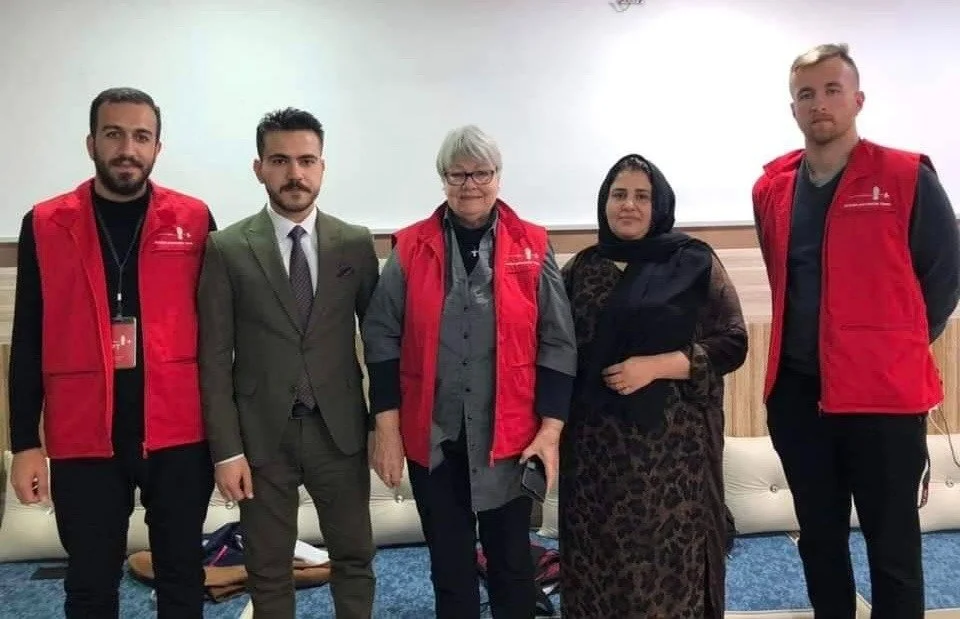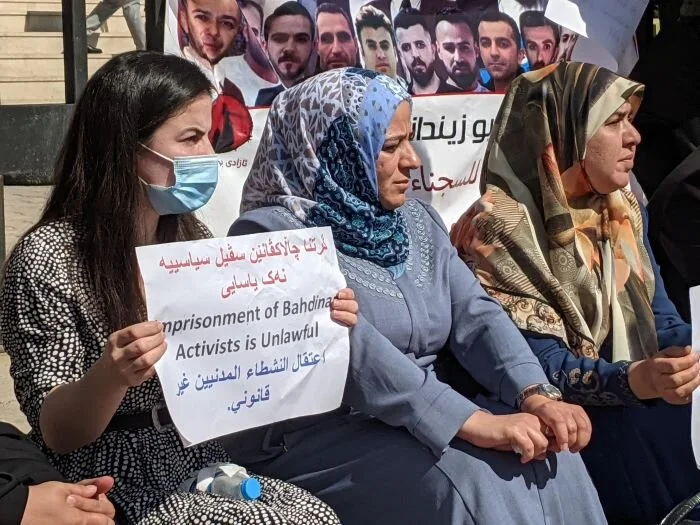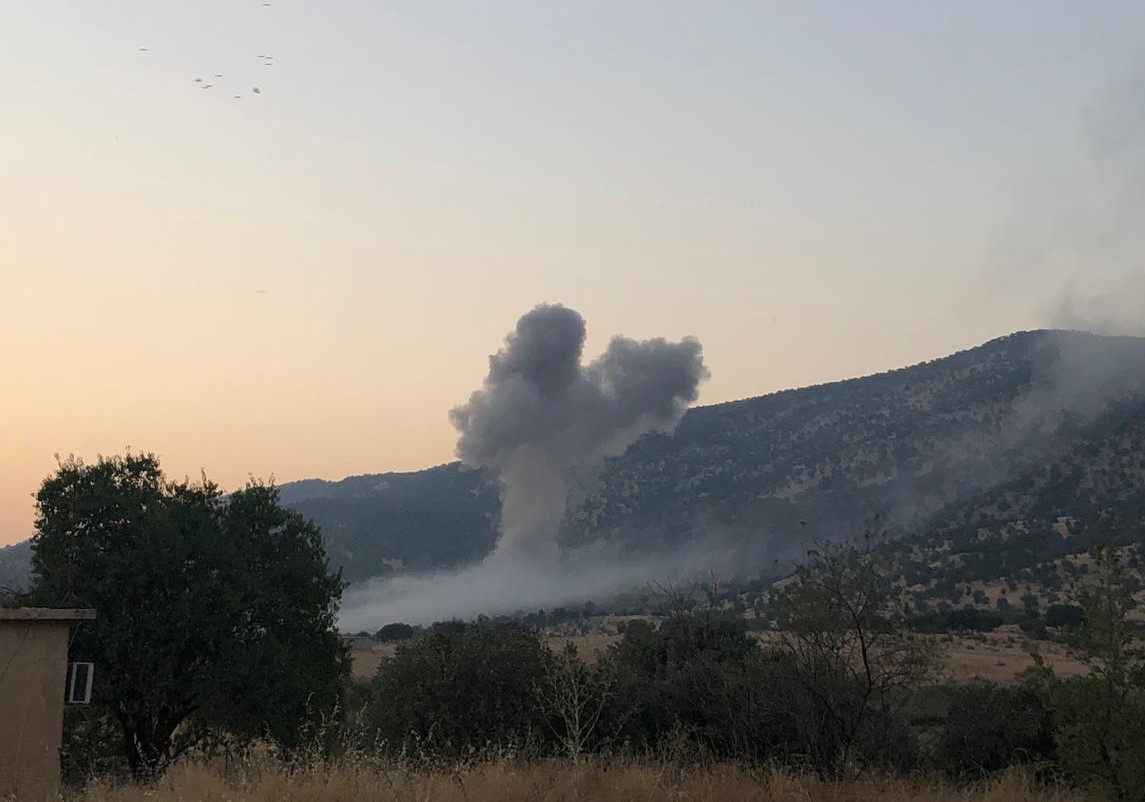“But the desire and the ability to make peace is ever present. Even those who experience much war, carry also a long history and depth of experience of making peace.. The Kurdish examples of Kak Bapir – developed over generations of sheikhs acting as elders in their communities – are a great testament to that and remind us how much we can all gain from the knowledge held in our various cultures.”
Read More“People are just asking for their basic rights,” he stated. “We are dealing with the lack of basic services in this town, for instance, until now, there are 52 million square meters of landmines that have not been cleared after the war between Iraq and Iran in the eighties. This town has been demolished three times during that war, people of Penjwen deserve to be served much better than now.”
Read MoreThe National Museum Amna Suraka – also known as ”the Red Museum,” is supposed to show the history of the terror and oppression during Ba’athist times, during the time of the Iraqi Republic - not the least, during the reign of the dictator Saddam Hussein. But is the oppression and violence history? The answer can only be no! What happened in the past happens now every day in Iraqi Kurdistan.
Read MoreThis was the fourth time that CPT visited Barmiza village. On the 13th of November, Jawaheera Khan and Kak Osman welcomed us to their home to honor the life of their son Himdad. Four years ago, Himdad drove his car along the Iraq-Turkey border to his village. A Turkish fighter plane targeted his vehicle in an airstrike and Himdad lost his life. He was 22 years old at that time.
Read More”To build transformative relationships and live out of a framework of love rather than fear, we need to balance this reality with a refusal to succumb to hurtful and alienating mistrust of strangers and friends. The Badinan Activists show us the power of trust in resisting a violent and oppressive system.”
Read MoreKak Hamad Ameen took another sip from his tea and said, “We had hoped the government and organizations like yours would come to our aid while we were in the tents, but the cold arrived before you, and therefore each one of us was forced to move to somewhere else.”
Read MoreUnexpectedly, CPT was able to travel from the Kurdish region into the Nineveh region of Iraq. Signs of US oppression are still evident in bombed buildings in Quaraqosh. Signs of ISIS occupation are still evident in burned churches. Fire destroyed the chapel in one church CPT visited and blackened the cathedral, although the sanctuary is again being used for worship.
Read More“We jumped to our feet and went outside. “There!” my teammate pointed. Just over the roofline of the neighboring house, we could see a plume of smoke. Villagers were coming from their houses and everyone was looking and pointing. What should we do? We began to take photos. Hands shaking, click, click click.” CPT member Julie Brown reflects on experiencing a Turkish bombardment.
Read More“In the Bible, when Jesus is asked, “Who is my neighbor?” (Luke 10:29), he tells the parable of the good Samaritan. Jesus teaches us to be like the Samaritan and treat all those we see in need and distress as our neighbors. Kak Hassan told us the same thing, “It doesn’t matter who you are or where you are from, in this world God only cares that you know Him and that you care for humanity,”
Read More








